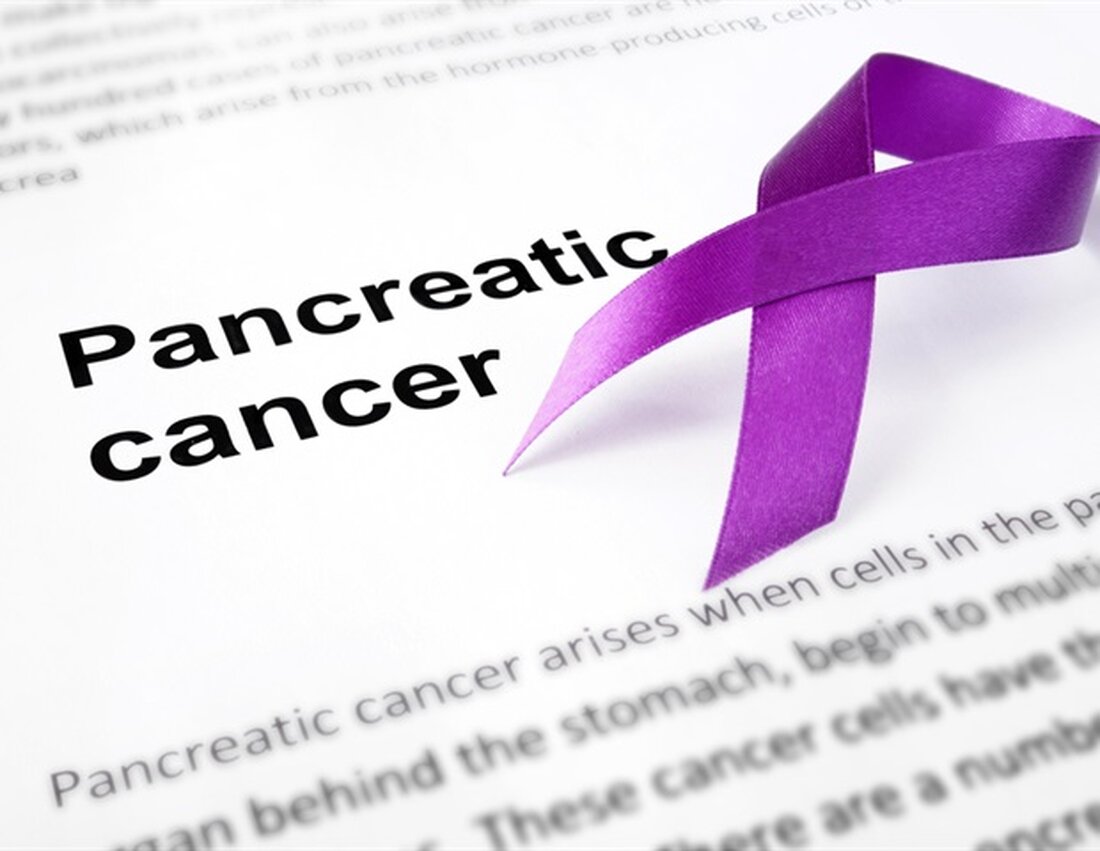Salk's three collaborative projects win the 2022 Curebound Discovery Grant
Salk Institute American Cancer Society Professor Tony Hunter, Professor Reuben Shaw and Assistant Professor Graham McVicker are among the 12 inaugural winners of the 2022 Discovery Grant. The awards, worth a total of $3 million, were launched this year by Curebound, a philanthropic organization dedicated to funding collaborative cancer research dedicated to that has the potential to reach the clinic. “These important Curebound-funded projects will allow us to advance our understanding of three aggressive cancers: neuroblastoma, pancreatic cancer and breast cancer,” says Shaw, William R. Brody Chair and director of the National Cancer Institute at Salk-designated...

Salk's three collaborative projects win the 2022 Curebound Discovery Grant
Salk Institute American Cancer Society Professor Tony Hunter, Professor Reuben Shaw and Assistant Professor Graham McVicker are among the 12 inaugural winners of the 2022 Discovery Grant. The awards, worth a total of $3 million, were launched this year by Curebound, a philanthropic organization dedicated to funding collaborative cancer research dedicated to that has the potential to reach the clinic.
“These important Curebound-funded projects will allow us to advance our understanding of three aggressive cancers: neuroblastoma, pancreatic cancer and breast cancer,” says Shaw, William R. Brody Chair and director of the National Cancer Institute at Salk-designated cancer center. “These studies will lead to new targets and new therapies that will help save lives.”
Salk's three collaborative projects include:
Childhood cancer
Neuroblastoma is a cancer of the nervous system that primarily affects young children and is responsible for 15 percent of cancer deaths in children. Now McVicker, the Frederick B. Rentschler Developmental Chair, will study how genetic mutations affect gene expression and regulatory pathways in neuroblastoma tumors. The team also includes Arko Sen, a senior research fellow at Salk, and Peter Zage, an associate professor at UC San Diego Moores Cancer Center and a pediatric oncologist at Rady Children's Hospital in San Diego. Their goal is to find out how cells in the developing nervous system become cancerous, grow and spread. The results could lead to the discovery of new biomarkers and therapeutic targets for neuroblastoma.
Novel approaches and new therapeutics
Most patients with pancreatic ductal adenocarcinoma (PDAC) die within six months of diagnosis, and there are currently no targeted therapies for this aggressive cancer. Unlike other cancers, PDAC tumors have a thick barrier called the stroma that allows cells to absorb nutrients through alternative mechanisms. Now Shaw and Michael Karin, a professor at UC San Diego, will test whether an improved, FDA-approved antibiotic combined with a cell recycling inhibitor can disrupt the tumor's energy supply to stop PDAC tumor growth in human cells.
Prevention and diagnostic tools
Breast cancer is the most common cancer in women, and new treatments are urgently needed for the worst form of breast cancer, called triple-negative breast cancer (TNBC). Using cutting-edge molecular biology, cell biology and genetic techniques, Hunter, who holds the Renato Dulbecco Chair, along with Kay Yeung, assistant professor of clinical trials at UC San Diego, and Professor Jing Yang, will investigate whether the binding of a phosphate group (in a process called phosphorylation) to the amino acid Histidine in proteins in breast cancer cells is important for metastasis of TNBC breast cancer. Their results could help identify new targets for the development of breast cancer therapeutics.
We are proud to support the work of these exceptional scientists with our 2022 Discovery Grants. Investing in collaborative, interdisciplinary research is a key component of our mission to accelerate cures for cancer in our lifetimes.”
Anne Marbarger, CEO of Curebound
Source:
.

 Suche
Suche
 Mein Konto
Mein Konto
